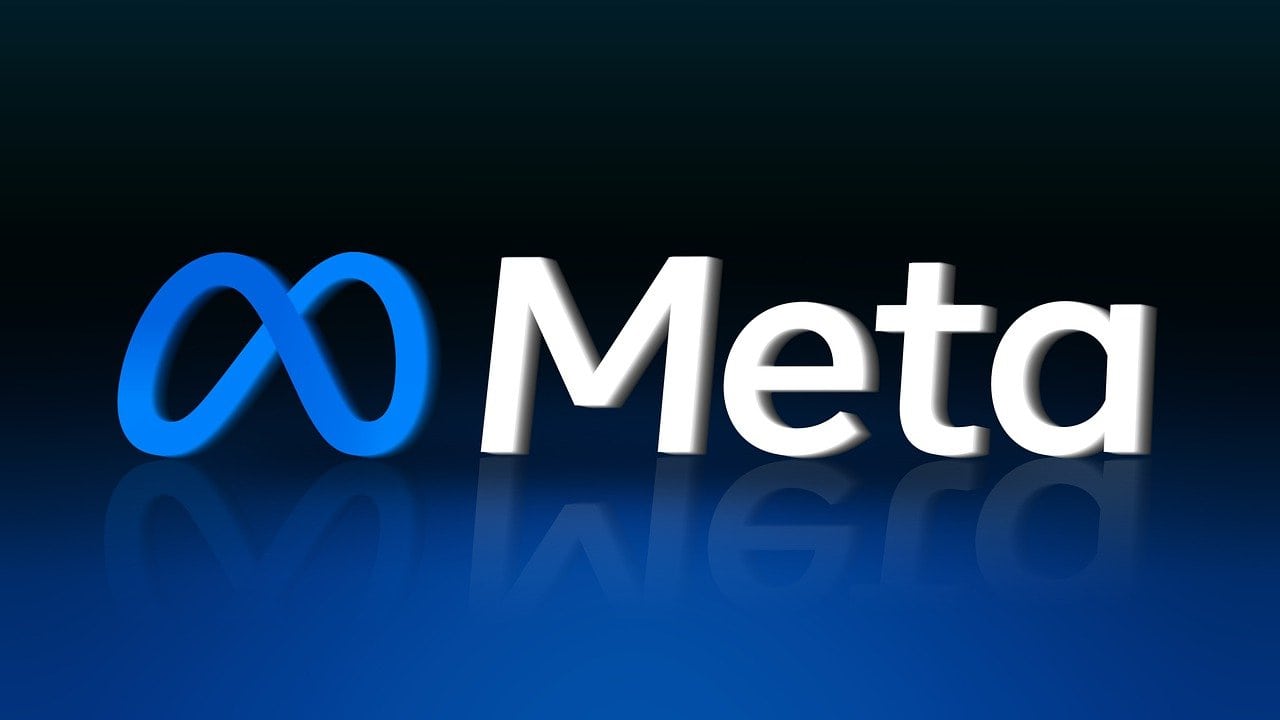
In its recent report to the United States Securities and Exchange Commission, Meta (formerly Facebook) has said that it may pull its principal products from the EU unless European legislation facilitates the sharing of data across countries where the company operates, specifically EU members and the U.S.
The issue centers largely around Meta’s reliance on Standard Contractual Clauses (SCCs) and legal proceedings (specifically in Ireland) that may rule that its transfer of user data, especially between Europe and the U.S., does not comply with the EU’s General Data Protection Regulation (GDPR). In a statement, they said:
[I]f a new transatlantic data transfer framework is not adopted and we are unable to continue to rely on SCCs or rely upon other alternative means of data transfers from Europe to the United States, we will likely be unable to offer a number of our most significant products and services, including Facebook and Instagram, in Europe, which would materially and adversely affect our business, financial condition, and results of operations.
The company added that “Brazil, the United Kingdom, and other countries have enacted similar data protection regulations,” further complicating Meta’s global operations.
In the past, Facebook’s data transfers between the EU and the U.S. occurred in the context of the “Privacy Shield” pact. However, in 2020, the European Court of Justice found this mechanism invalid, ruling that it did not fully conform to data protection laws. This is what Meta is referring to when it writes of the need for lawmakers to create “a new transatlantic data transfer framework.”
The warning issued by Meta has been interpreted as a threat, possibly an empty one, meant to strengthen Meta’s negotiating position and to pressure EU legislators to accommodate its needs. This would not be the first time. In July, for example, Meta, along with Twitter and Google, threatened to pull their services from Hong Kong, as they were held liable for users using their platforms to reveal people’s personal information without consent (doxing).
As services like social media platforms become indispensable to the ordinary operations of businesses, we face the prospect of a future in which lawmakers are dictated to by foreign companies.
